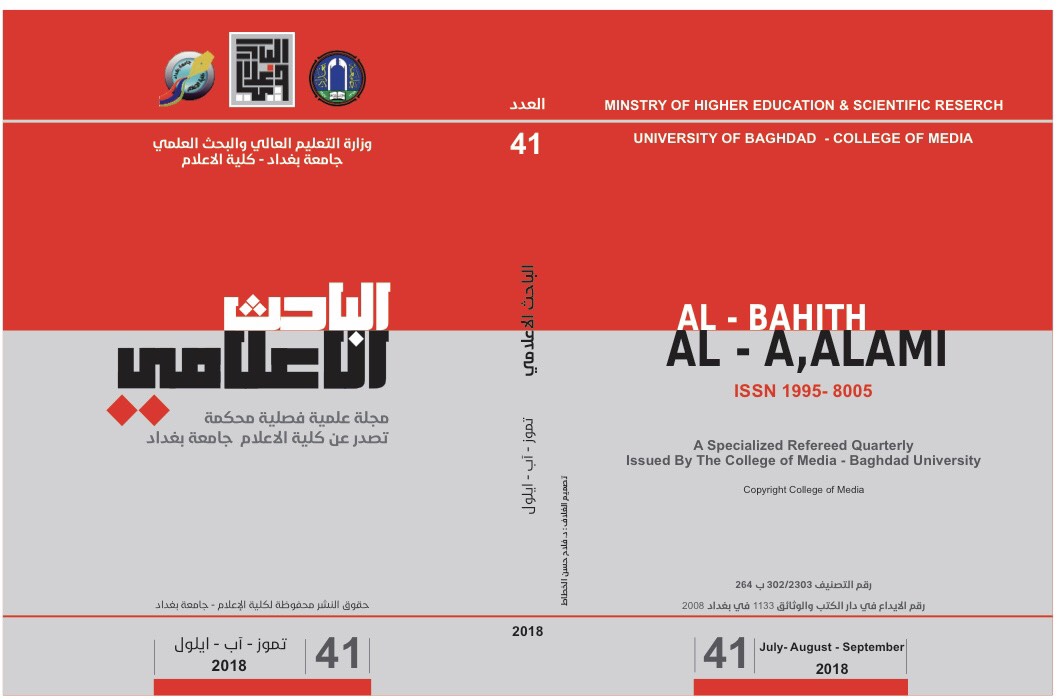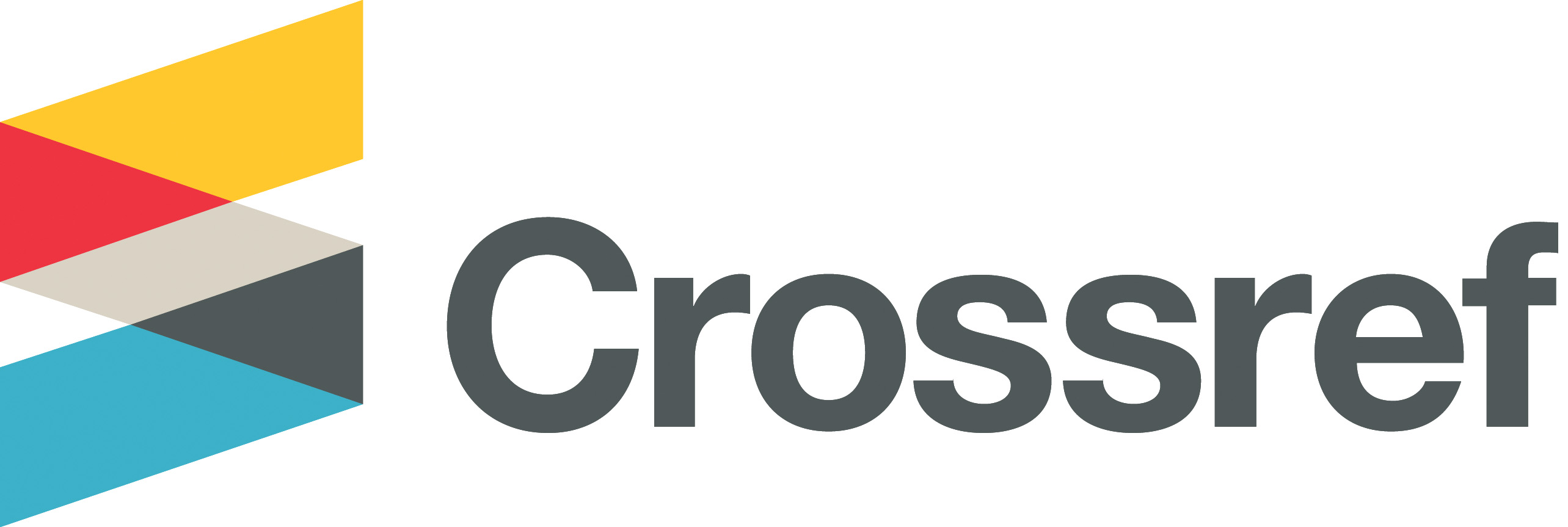Islamic Knowledge and its role in the Development of the Culture and Values of the Islamic Community
DOI:
https://doi.org/10.33282/abaa.v10i41.38Keywords:
Islamic, Knowledge, Culture, Values, SocietyAbstract
The human perception of science and knowledge is affected by the personal point of view, thus giving it its religious, mental and emotional dimensions to make that perception an effective tool for realizing the truth comprehensively in the delivery of knowledge to the depths of the human soul. The later is composed of multiple factors, which contributes to the human self-development with dimensions beyond the limits of mental logic and the perception of material and emotional situations. That knowledge in the perception of Islamic virtue, which must characterize each Muslim.
Human beings have been striving for knowledge and the understanding of the universe in which they live. For centuries, mankind has acquired knowledge directly and automatically through the use of the main senses of man.
The origin of science and knowledge is a gift from God Almighty to humankind through the many channels such as revelation to his messengers. The hearing, sight and heart have been as means of acquiring knowledge. Therefor the Muslim should strive in the search for science and knowledge and their assimilation so that he can employ them in the performance of his duties and the completion of his mandate requirements. Islam knowledge is based on a systematic approach, which is coherent unified focusing on the relations that connect the particles. So the Holy Quran presents ideas and concepts in a comprehensive presentation that explains the purposes of revelation taking the universe, man, and life and their relationship to God Almighty as a source of knowledge and means of conviction and confirmation of faith. Therefore, conducting a study on the importance of Islamic knowledge and its role in society is important, especially in the religious tide found in societies now.
Downloads
References
Ibrahim Osman, Modern Social Theory. Amman - Jordan, Dar Al Shorouk for Distribution and Publishing, 2007.
Abu al-Fadl Gamal al-Din Muhammad ibn Makram Ibn Mandhur, The Tongue of The Arabs. Beirut, Dar Sader, 1990.
Ismail Al-Farouqi, Contemporary Islamic Issues, Islamic Knowledge (General Principles, Action Plan Accomplishments). Dar Al-Hadi printing and Publishing, Beirut, Lebanon, 2001.
-Abu Al-Naja Al-Omari, Communication in Social Work, universal Dar Al-Maarifa, 1986.
Abu Al-Hussein Ahmed bin Fares, Dictionary of Language Standards. Investigation: Ibrahim Shams al-Din, II, Lebanon, Beirut, Scientific House, 2008.
Ibn Mandhur. The Arabic Tongue. C 15, I 1, Cairo, the Egyptian printing press, 1303.
Asma Nuri Saleh Al-Rawi. Values Prevailing in Turkish and Egyptian Drama, Comparative Analytical study, unpublished doctoral thesis, University of Baghdad, Faculty of Media - Radio and television Department, 2012.
Ismail al-Farouqi, Islamization of Knowledge General Principles and Action Plan. Translated by: Abdul Wareth Said, Dar Scientific Research Kuwait, 1983.
Alsaaed Ahmed Mustafa Omar. Media Research_ Concept and Procedures, Amman, Jordan, Dar Al-Falah, 2008.
Imam Ahmad ibn Ali ibn Hajar al-Asqalani, Fath al-Bari, Explaining Saheeh al-Bukhari, The Book of Knowledge, The Door of Science Before Saying and Working. c 1, Cairo, Egypt Printing House, 2001.
Alsaaed Mohamed Omar. The Political Role of the elite in Islam, PhD in Political Science. Faculty of Economics and Political Science, Cairo University, 1991.
Patricia Miller, Theories of Growth. translated by: Mahmoud Mohamed Awadallah, Damascus, Dar al-Fikr, 2005.
Peter Boustani. Ocean Circumference. Investigation: Mohamed Osman, C2, Lebanon - Beirut, Scientific House, 2003.
Beshra Jamil Ismail. Media Creativity in Arab Satellite TV. Dar Osama Publishing and Distribution, Amman, 2012.
Tomas S. Kun. The Structure of Scientific Revolutions. Translation, Haidar Haj Ismail, with the support of the OPEC Fund for Development, Beirut, House of Renaissance, 2007.
Jalal Tawfiq. Islamic Journalism and its Role in Da›wa. Beirut, Al-Resalah Foundation, 1993.
Hassan Kamel. The Cultural Post of Journalism, Journal of the Media Researcher. No. (15), Iraq, Baghdad University, College of Media, 2012.
Khalil Abdel-Rahman Al-Maaidhah. Social Psychology. Dar Al-Fikr Publishing and Distribution, Amman-Jordan, 2010.
Doukan Obeidat and others. Scientific Research _ Concept, Tools and Style. Amman _ Jordan, Dar Al-Fikr, 1998.
Salem Mohammed Abboud. Recent Trends in the Origins of Scientific Research - A Methodological and Practical Guide for Researchers from Preliminary and Higher Studies and All Foundations. Dar Al-Da›id for Distribution and Publishing, 2009.
Samy Mohsen Al-Khatatneh, Fatima Abdel-Rahman Al-Nawaisa. Social Psychology. Dar Al-Hamed Publishing and Distribution, Amman, Jordan, 2011.
Saeed bin Hamad Al-Rubaie. Higher Education in the Age of Knowledge. Amman, Dar Al-Shorouk, 2008.
Samir Ibrahim Hassan. Culture and Society. Damascus, Dar al-Fikr, 2007.
Samir Mohamed Hussein. Content Analysis. Cairo, World of Books, I 2, 1996.
Saleh Khalil Abu-Asbaa. Communication Strategies, Policies and Effects. Dar Majdlawi Publishing and Distribution, 2011.
Taha al-Zaidi. Dictionary of the Terms of the Duaa and Islamic Information. Dar Al-Nafais for publication and distribution, Amman, Jordan, 2010.
Atef Adly al-Abd. Introduction to Communication and Public Opinion - Theoretical Foundations and Arab Contributions. Cairo, Dar Al-Fikr Al-Arabi, I 3, 1999.
Adel Fahmi Al-Bayoumi. The Relationship Between the Content of Values Among University Youth with Exposure to Radio and Television - Survey Study on a Sample of Cairo University Students. The Egyptian Journal of Public Opinion Research, Cairo University, Faculty of Information, RAI, October-December 2000.
Abdullah Aqla Majali Khaza›aleh. The Conflict Between Social Values and Organizational Values in Educational Administration. Dar Al-Hamed Publishing and Distribution, Jordan-Amman, 2009.
Ali Abdul Razzaq. Studies in Society, Culture and Personality. Alexandria, Dar al-Nahda al-Arabiya, 2007.
Downloads
Key Dates
Published
Issue
Section
License
Authors retain copyright and grant the journal right of first publication with the work simultaneously licensed under a Creative Commons Attribution License (CC BY 4.0) that allows sharing the work with recognition of authorship and initial publication in ABBA journal.


















